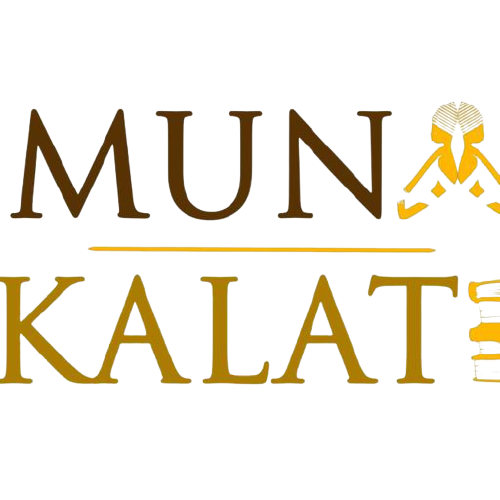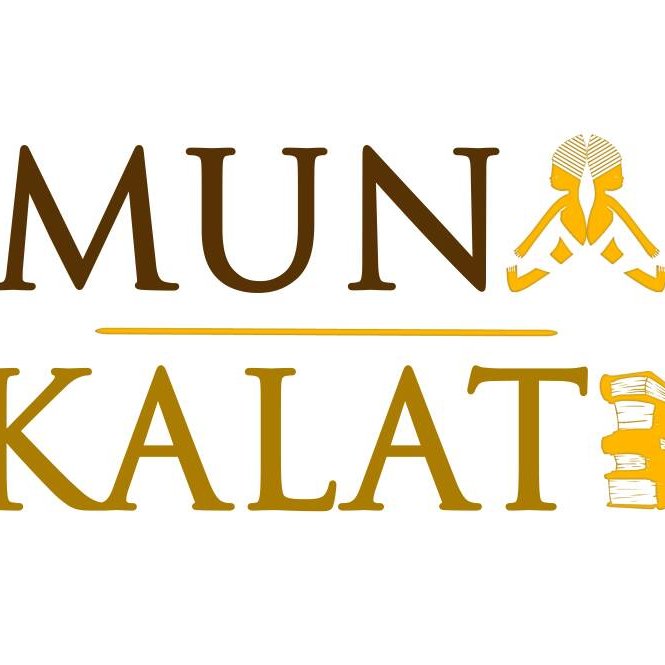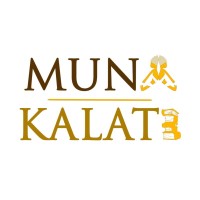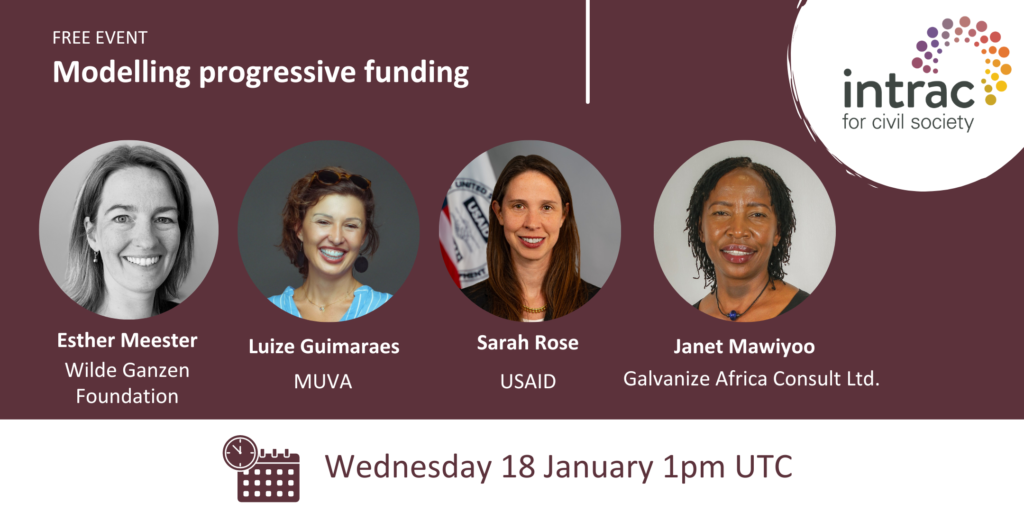On the 18th January, 2023, INTRAC organized a webinar on Modelling Progressive Funding For Civil Society, hosted by Charles Kojo Vandyck, member of INTRAC’s Board of Trustees and Head of the Capacity Development Unit for the West Africa Civil Society Institute (WACSI). The first presentation was done by Esther Meester (Wilde Ganzen Foundation), followed by Luize Guimaraes (MUVA), Sarah Rose (USAID) and Janet Mawiyoo (Galvanize Africa Consult, Ltd).
The focus of the discussion was:
- The types of funding that are already emerging in different contexts, which are changing the financing environment.
- The existing financing practices that enable locally led development – that other funders could adapt, adopt and expand upon.
- The most equitable forms of funding, or funding partnerships that can be supported, and the role of funders in supporting and enabling shifts in power.
After the presentation of all the panelists, the host divided the participants into breakout rooms to share ideas on the Progressive Funding concept. The key points are:
1. What do we understand by Progressive Funding?
Progressive Funding is a concept that promotes the reorientation of funding processes and relationships by shifting the balance from compliance and risk to thinking about trust, collaboration and co-creation (localization), social-accountability, solidarity, partnership, learning and innovation. This concept is meant to give organizations the stability and space to plan for the future, take appropriate risks and innovate, and focus on long-term sustainable change.
Funding is progressive when it tends to improve the Civil Society Organizations (CSOs) relationships, enables shifting in power and involves other elements than money like coaching, mentoring and peer networking. Muna Kalati has been using progressive funding since its inception in 2017, since we understood that funds should not always come from external sources, and we have always strived not to rely 100% on funders but also find ways to generate revenue on our own.
2. What are the opportunities through progressive funding ?
Progressive Funding is important for CSOs since it gives them access to learning, capacity development, and trust. It helps them to better understand their environment and responsibilities. It also creates awareness of the resources they have as a community and how to make use of them.
3. What are the challenges in Progressive Funding?
Some of the participants mentioned the lack of civic education in our communities, difficult access to donors and funders, and the governments set up. “Government does not support local NGOs. Some NGOs don’t progress, they just exist but don’t do many activities” said one of the members of the breakout room.
Another challenge in progressive funding is the complexity of change. There is a large gap between the idea of being progressive and actually being progressive in practice.
Also, the mindset of people is slowing down the process of being progressive in a sense that most people think that support should always come from outside.
Furthermore , the lack of brilliant people and trailblazers who earnestly want and work towards change is a challenge. Most people tend to stick to the traditional ways of funding and find it difficult to agree to the need for change and innovative practices.
Even though progressive funding seems to be a newly adopted expression, the practice has been ongoing already in the development space between donors and their grantee. Several studies have already demonstrated the strategic relevance of giving more freedom to CSOs in the management of their financial resources to positively impact institutional development.
For example, Muna Kalati is currently not depending on external funding since most of its financial resources are generated through income-generating activities and alternative funding models such as consulting, crowdfunding etc.
We are glad to see conversations aiming at improving the aid landscape moving forward, and we hope upward too. However, for change to actually occur, there is a need to find time to understand the people in the community, make them discover what they have, and be patient and prudent in the process of building confidence and trust, which are essential ingredients to effectively shift the power in the civic space.



